The American Society of Plant Taxonomists (ASPT) is excited to announce that Dr. Lucinda McDade has been chosen as its 2019 Asa Gray Award recipient. The Asa Gray Award—named after the most influential North American Botanist of the 19th Century—recognizes lifetime achievement in plant systematics and is ASPT’s most prestigious award.
The Asa Gray Award recognizes those who have cultivated a career that has contributed significant research to systematic botany, while making lasting contributions to the systematic community, profession, and students. Lucinda McDade epitomizes the ideals that the Asa Gray Award embodies through her numerous contributions to science, student training and mentoring, herbarium sciences, and service to the scientific community. Many know Lucinda through her leadership roles, which have included serving as the president of the American Society of Plant Taxonomists and The Association for Tropical Biology. Indeed, Lucinda's leadership has distinguished her among her peers. When asked about Lucinda, University of California, Berkeley Professor Bruce Baldwin said,
“Lucinda’s amazing career has been distinguished by bold and effective leadership in systematic botany in each of the arenas that matter most to make a significantly positive impact on our field.”
Lucinda’s research program has largely centered around the plant family Acanthaceae, a diverse group of 4,000 species, which includes thunbergias, shrimp plants, bear’s breeches, and wild petunias. Most of what scientists know about the Acanthaceae tree-of-life has been due to the efforts of Dr. McDade, her close colleagues, and her students. In an effort to understand all aspects of Acanthaceae diversity, her work has encompassed topics as varied as evolution, reproductive biology, ecology, anatomy, and even symbiosis with fungi. Her contributions have extended beyond the plant systematic field. Her experimental phylogenetic studies, for example, remain highly read and cited among biologists. Dr. McDade has also garnered a reputation for conducting careful and thoughtful work. Peter Raven, for example, described her work as
“precise and illuminating, always representing a solid step forward in the understanding of the groups concerned.”
In addition to her significant contributions to our scientific understanding of plant diversity, Dr. McDade has been a strong advocate for the importance of herbaria in plant sciences. Herbaria are collections of pressed plants that provide scientists with a direct account of species diversity in the past, present, and future. As the curator of the herbarium at the University of Arizona, Lucinda was one of the earliest advocates to digitize and freely disseminate herbarium data. At the Philadelphia Herbarium, which houses the irreplaceable Lewis and Clark collection, among others, Dr. McDade worked tirelessly to receive funds to move such historically important collections into more modern storage cabinets in order to preserve them for future generations. Her advocacy continues in her current position at Rancho Santa Ana Botanic Garden, where, as Peter Raven notes
“since moving to Claremont, Lucinda has become involved in conservation projects and general considerations for California and Baja California, areas that are of special interest in this era of rapid global climate change.”
Through her nomination letters, it was clear that Dr. McDade has had a long-lasting and positive influence on her students’ and postdocs’ lives. Through her mentorship, which has been described as engaged, thoughtful, and open, Dr. McDade has been a role model whose interaction with her students have enhanced their lives both professionally and personally. Six Masters’ students, 13 Ph.D. students, and nine postdocs have directly benefitted from McDade’s mentorship, but what strongly came across through her nomination support letters was the numerous people that benefitted from the informal mentorship that she generously gives. On the topic of her mentorship, one letter writer wrote
“Lucinda has this rare ability to see unlimited potential in people and she encourages them to venture beyond their comfort levels ... when it comes to learning a new analytical method, the word ‘impossible’ is not in her vocabulary.”
The plant systematics community is much stronger now because of the students that she has cultivated, many of which who are now training students of their own and extending Lucinda’s impact further. Lucinda’s former Ph.D. student Manuel Luján wrote,
“Now that I am not working close to her, she inspires me as a role model. She is the most dedicated person I know to promote plant research and education, not only as a mentor but as a garden director, fundraiser, and plant conservation advocate.”
Dr. McDade’s nomination has certainly raised the bar for future Asa Gray Award recipients.
Dr. McDade earner her Bachelor’s of Science in Biology from Tulane University in New Orleans, Louisiana. Her Doctoral work was completed at Duke University, where her dissertation focused on the four aspects of research that would follow her entire career: tropical biology of the Americas, systematics, reproductive biology, and Acanthaceae. After completing her doctorate, Dr. McDade held a postdoctoral fellowship at the Smithsonian Tropical Research Institute in Panama. Dr. McDade has held three prestigious academic positions, which began as an Associate Professor at the University of Arizona and the curator of the ARIZ Herbarium. After Arizona, she was the Associate Curator and Chair of Botany at the Academy of Natural Sciences in Philadelphia. Her current position is the Executive Director and the Judith B. Friend Director of Research at Rancho Santa Ana Botanic Garden, as well as a Professor of Botany at Claremont Graduate University in Claremont, California, U.S.A.
